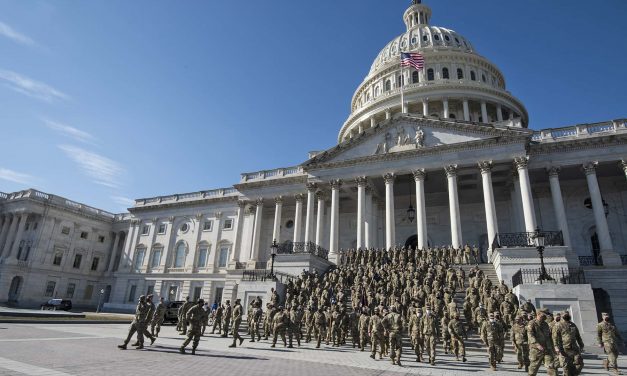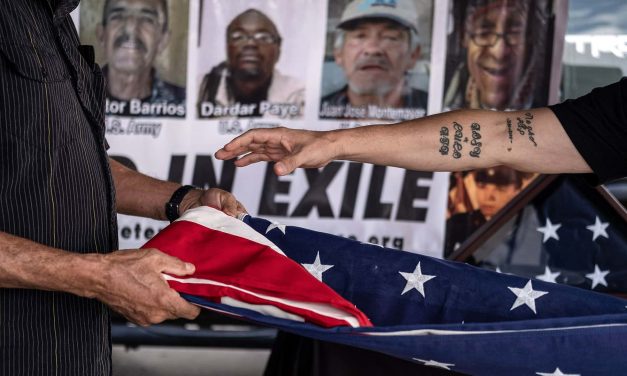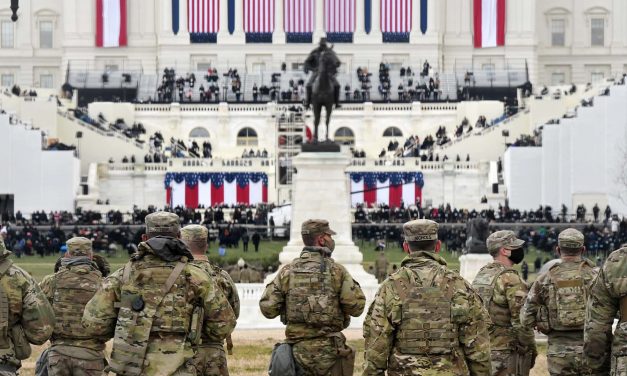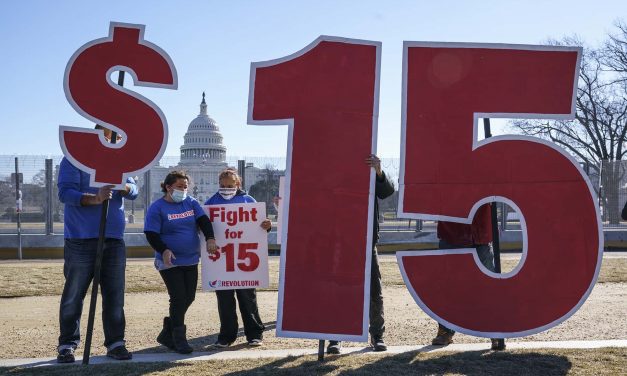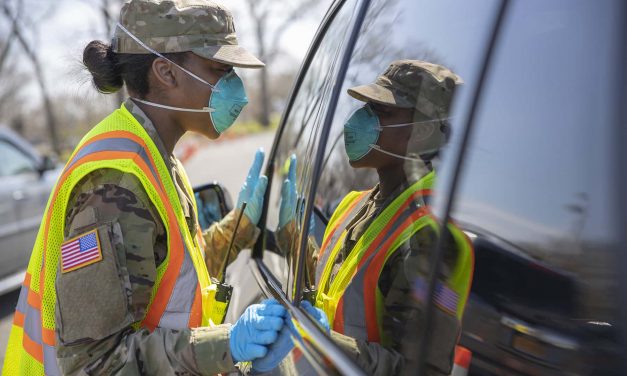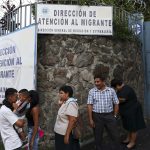Cauldrons of Booze: Women once dominated the beer industry until claims of witchcraft expelled them
By Laken Brooks, Doctoral Student of English, University of Florida What do witches have to do with your favorite beer? When I pose this question to students in my American literature and culture classes, I receive stunned silence or nervous laughs. The Sanderson sisters didn’t chug down bottles of Sam Adams in “Hocus Pocus.” But the history of beer points to a not-so-magical legacy of transatlantic slander and gender roles. Up until the 1500s, brewing was primarily women’s work – that is, until a smear campaign accused women brewers of being witches. Much of the iconography we associate with...
Read More

